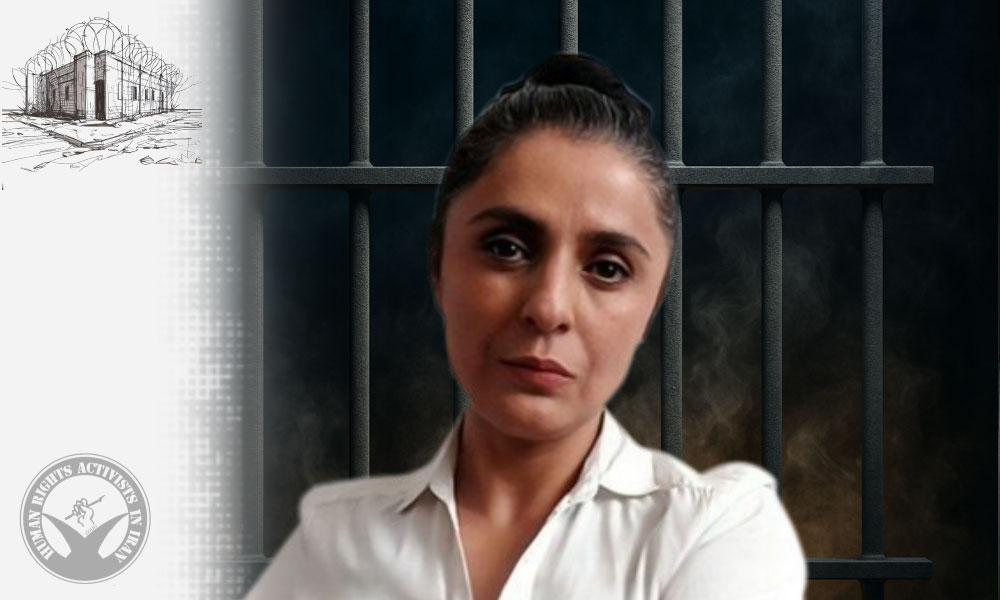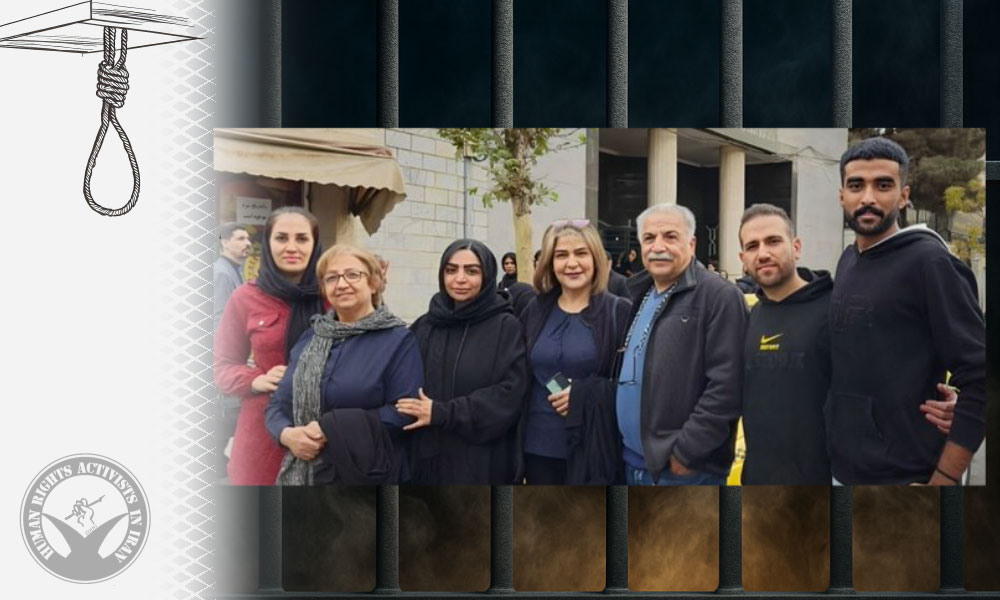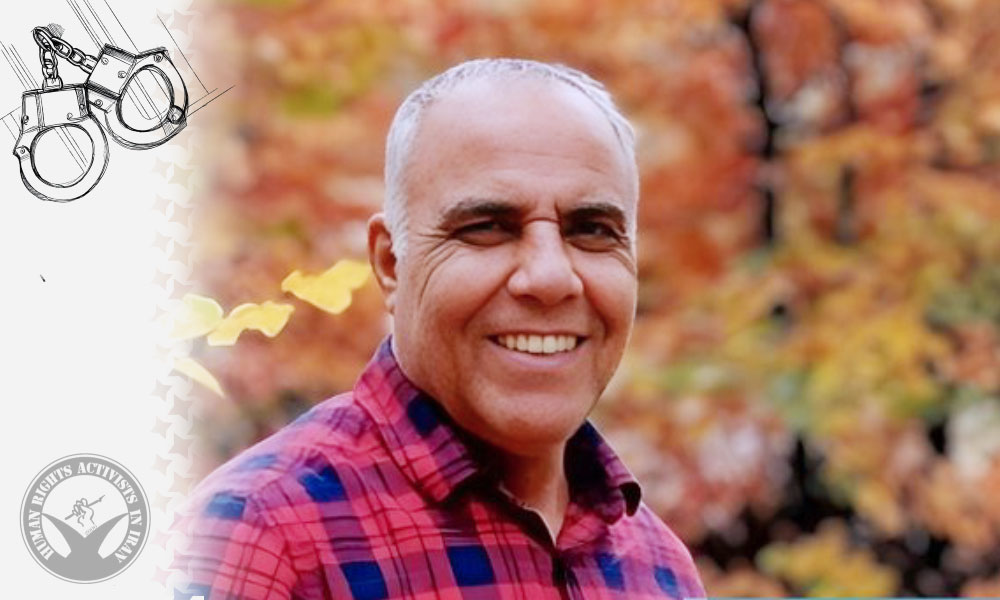Human Rights Activists News Agency (HRANA) – Kerman security forces prevented the burial of local Baha’i resident Abbas Kholousi, who passed away on August 7, 2018, forcing the deceased’s family to bury him in the faraway city of Rafsanjan.
“Mr Khoulousi passed away August 7th,” a source close to the matter revealed to HRANA, “and despite his family’s insistence on a burial in Kerman where he lived, local security forces prevented them from doing so, forcing them to bury him in Rafsanjan four days later. The security forces had summoned and pressured Khoulousi’s son, saying that if the family did not comply with the order, security forces would transport Mr Kholousi and bury him in Rafsanjan themselves.”
The source added, “Authorities made this demand in spite of Baha’i Law, which says that the journey between the deceased’s residence and burial place should not exceed an hour, and the distance between Kerman and Rafsanjan is greater than that. Regardless, the funeral was held today, with a great number of Kerman and Rafsanjan locals in attendance.”
Last March, HRANA reported on the shutting down of the Baha’is Golestan-e-Javid cemetery by the Kerman municipality.
Kerman’s judicial authorities ordered the shutdown of the cemetery on March 15, 2018, and Baha’i burials on the cemetery grounds have been forbidden since. This shutdown followed a 2015 judiciary order mandating that each province designate at least one city for Baha’i burials. On the morning of March 16, 2018, Baha’i visitors to the Golestan-e-Javid cemetery learned of its shutdown by arriving there to find its gates locked and a written notice of its closure. The visitors were prevented from entering the cemetery.
The notice outlined the graveyard’s closing and a ban on further burials within it, reading: “By the order of judicial authorities, adherent to article 688 of the Islamic Penal Code, due to environmental and sanitation issues, and observing clause 6, article 96 of Municipal Law, interment here is forbidden, effective March 15, 2018.”
Reports by HRANA in recent years have documented a consistent pattern of institutional and judicial orders that have resulted in the shutdown or demolition of Baha’i cemeteries across the country.
The Baha’i citizens of Iran are systematically deprived of religious freedoms, while according to Article 18 of the Universal Declaration of Human Rights and Article 18 of the International Covenant on Civil and Political Rights, all people are entitled to freedom of religion, belief, and changes thereof, as well as the right to express and practice those beliefs as individuals or collectives, in public or in private.
Though unofficial sources estimate the Baha’i population of Iran at more than 300,000, Iran’s Constitution officially recognizes only Islam, Christianity, Judaism, and Zoroastrianism, and does not acknowledge the Baha’i faith as an official religion. As a result, the rights of Baha’is in Iran are systematically violated.






